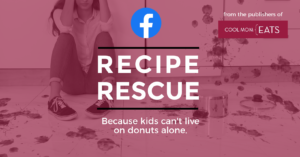We always try to keep you up to date with issues like food safety and major recalls, and right now, there are some issues with the FDA’s lack of funding due to the government shutdown that might impact what you choose to eat and what you want to avoid right now.
We posted an article about the shutdown in our Recipe Rescue Facebook group several days ago which generated some good conversation about panicking vs common sense, facts vs alarmist headlines, so I wanted to spend a little more time and investigate the details myself for you.
The good news: There are some total non-issues that have parents worried so it’s worth looking at the facts as laid out by a variety of experts. On the other hand, there are some legitimate concerns, and some foods you may consider skipping right now. But it’s a good idea to have all the info first before you start tossing all your salad.
The good news about food inspection during the government shutdown
First of all, know that FDA inspections haven’t been hugely impacted by the shutdown, as reported by Smithsonian, so no need to panic. (We always like “no need to panic” headlines, ourselves.) While FDA inspectors have been furloughed, no new inspections were scheduled for this week to begin with, so that means no new inspections were cancelled either.
NPR reiterates that food is generally safe to eat during the government shutdown, noting more specifically that 99% of US non-meat food facilities weren’t going to be inspected this month anyway. Marion Nestle told Bloomberg that she’s not particularly worried, unless there is some kind of major outbreak that requires quick action and investigation, and that hasn’t happened yet.
Food inspections in foreign countries and inspections of imports are also continuing.
Also good to know: USDA inspectors have not been impacted, and the Department of Agriculture is who is tasked with inspecting raw meat, poultry, and products made with eggs specifically.
What is being impacted
What’s as important as inspections themselves is what The Daily Meal column on MSN.com is reporting: the FDA is currently unable to “adequately publicize recalls, outbreaks and other information vital to human health.” So that’s not good.
In fact, that’s confirmed by FDA commission, Dr. Scott Gottlieb, who tweeted that “It is not business as usual at FDA. Many key functions aren’t getting done” and I would think this is in part what he’s describing.
Commissioner Gottlieb also stated in a Twitter thread that “31% of our inventory of domestic inspections are considered high risk” (things like seafood, prepared, salad, and yikes, infant formula) and he sounds a little more concerned than most of the experts in articles I’m reading, so that admittedly gives me a bit of pause.
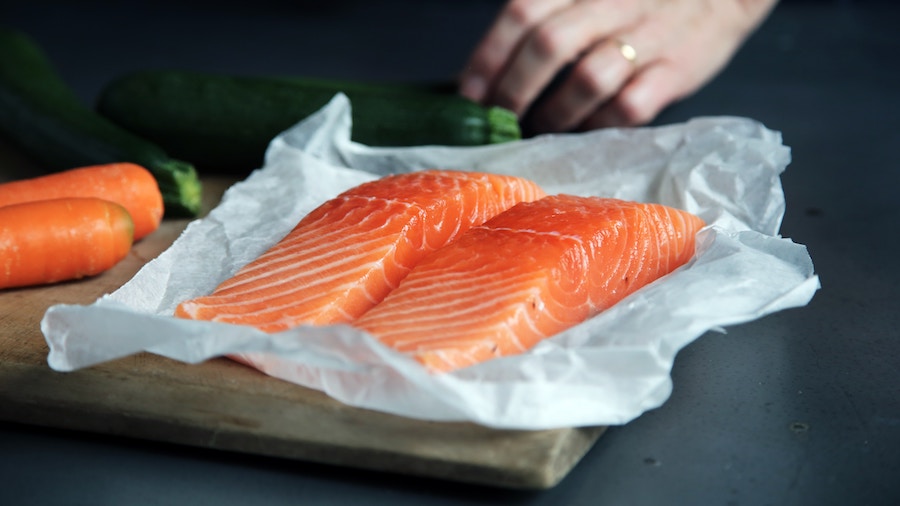
I am also not super happy about the point made in Bloomberg article about the FDA furlough that all experts agree “that the longer the shutdown lasts, the more uninspected food will enter the supply chain.” Or Marion Nestle’s point about potential long-term consequences of food manufacturer’s getting more lax; but I’ll try to stick with the short-term stuff for now.
And while there’s been a lot of dark humor around my corner of the interwebs about the effectiveness of FDA inspections in the first place, I figure some inspections have to be better than few or none at all. The FDA clearly agrees with that point.
So, are there any foods to avoid during the shutdown?
As with all topics around feeding your families, we urge you to use common sense.
The great likelihood is that you’re going to be totally fine — though of course that’s small comfort to anyone even in a very small minority who does end up impacted by the dearth of FDA inspections and other functions.
If you do want to choose foods out of an abundance of caution, I have found lots of suggestions about what foods to avoid during the government shutdown, that seem to be essentially the same from expert to expert. This is a list of “high-risk foods” in general, which include those mentioned by FDA commissioner Gottlieb himself
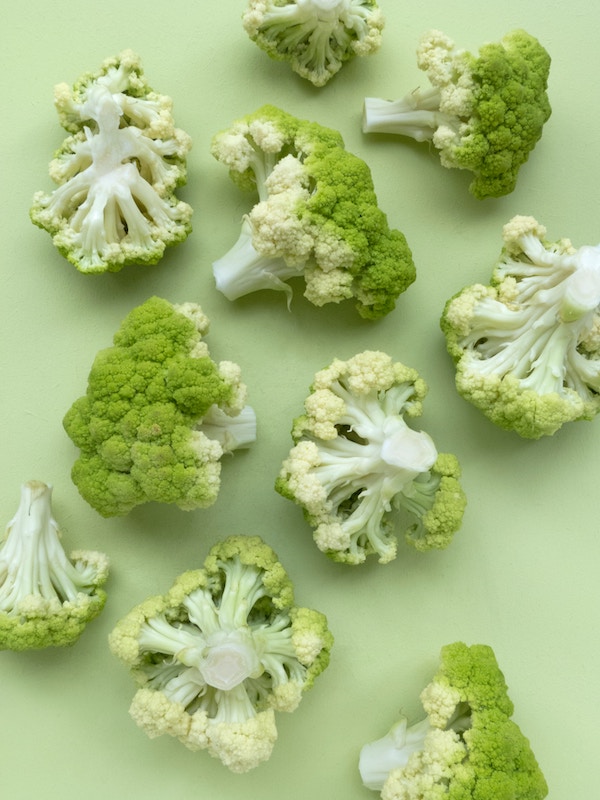
-Fresh fruits and vegetables (sigh, yes really)
-Processed fruits and vegetables
-Raw fish
-Ready-to-eat products like cheeses and deli meats
-Processed meats like ground beef
-Foods like romaine lettuce, sprouts and broccoli that are susceptible to E. coli
-Ready-to-eat salads
-Soft, semi-soft, and soft-ripened cheeses
-Unpasteurized juice
-Bakery products that include custards (because of eggs, presumably)
-Infant formula
I think Bloomberg writer Kate Krader nailed it when she said basically, eat like you’re pregnant.
(Though booze should be okay, right?)
—————
Yeah, I know. It’s a lot. And I’d still take it all with a grain of salt, going back to the premise of “don’t panic” — we can’t live on packaged crackers and cookies and good IPAs alone. (Or, I probably can but it’s not the best idea.)
So take reasonable precautions, especially if you’re pregnant, feeding babies or toddlers, or if you have a compromised immune system in any way. Keep washing your hands. Keep cleaning those cutting boards properly. Keep cooking eggs and seafood and meat to the proper temperature.
And hey, maybe it’s a good excuse to just slather those cooked veggies in butter to get kids to eat them.
Images: Scott Warman + Caroline Attwood + FOODISM360 on Unsplash

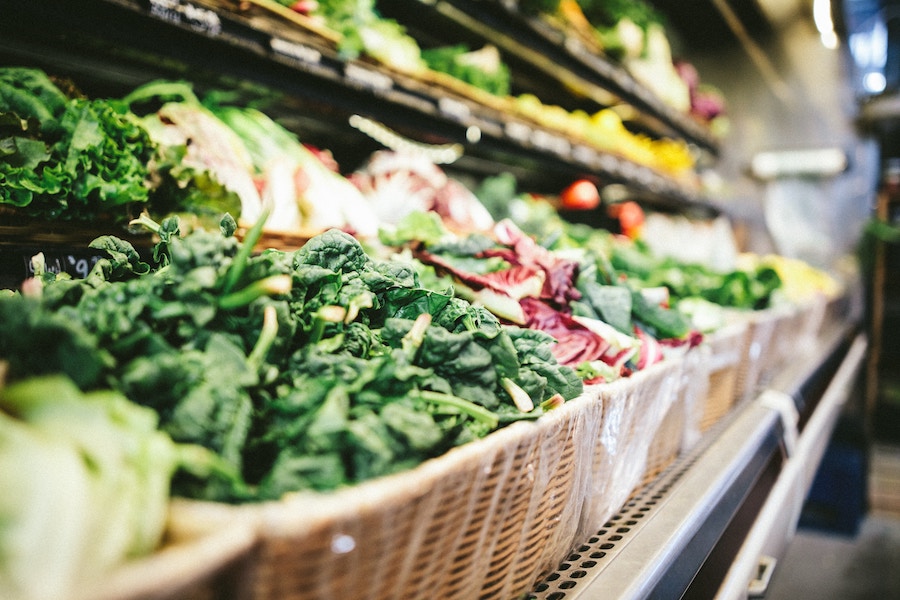
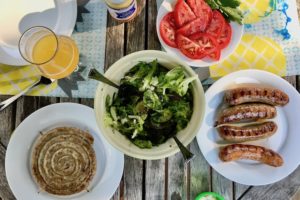
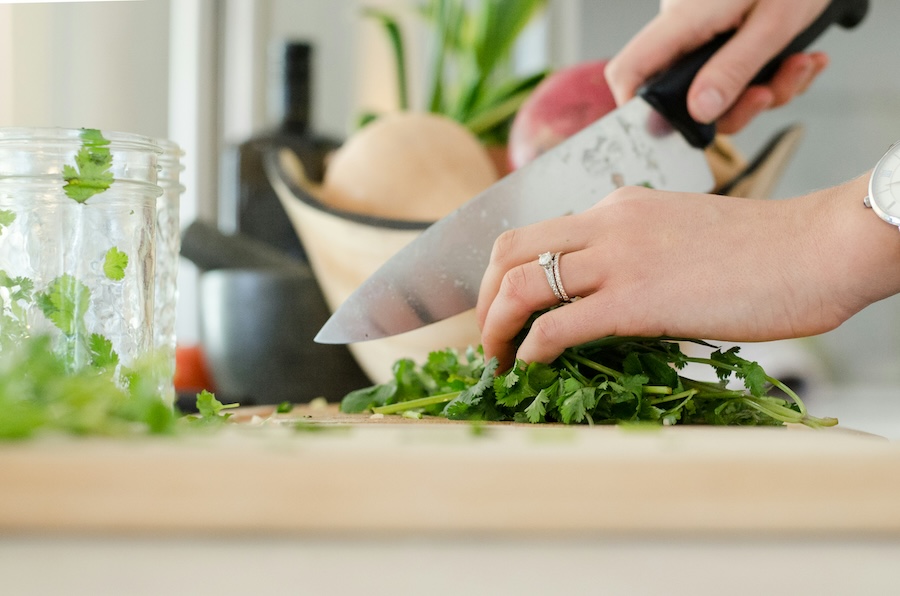
![Save yourself some time with our cheat sheet of foods you never need to both washing -- and a few that you should always. You may be surprised (we were)! | Cool Mom Eats [Photo by Davide Ragusa via Unsplash]](https://coolmomeats.com/wp-content/uploads/sites/5/2018/02/foods-that-should-never-be-washed-davide-ragusa-unsplash-300x200.jpg)
